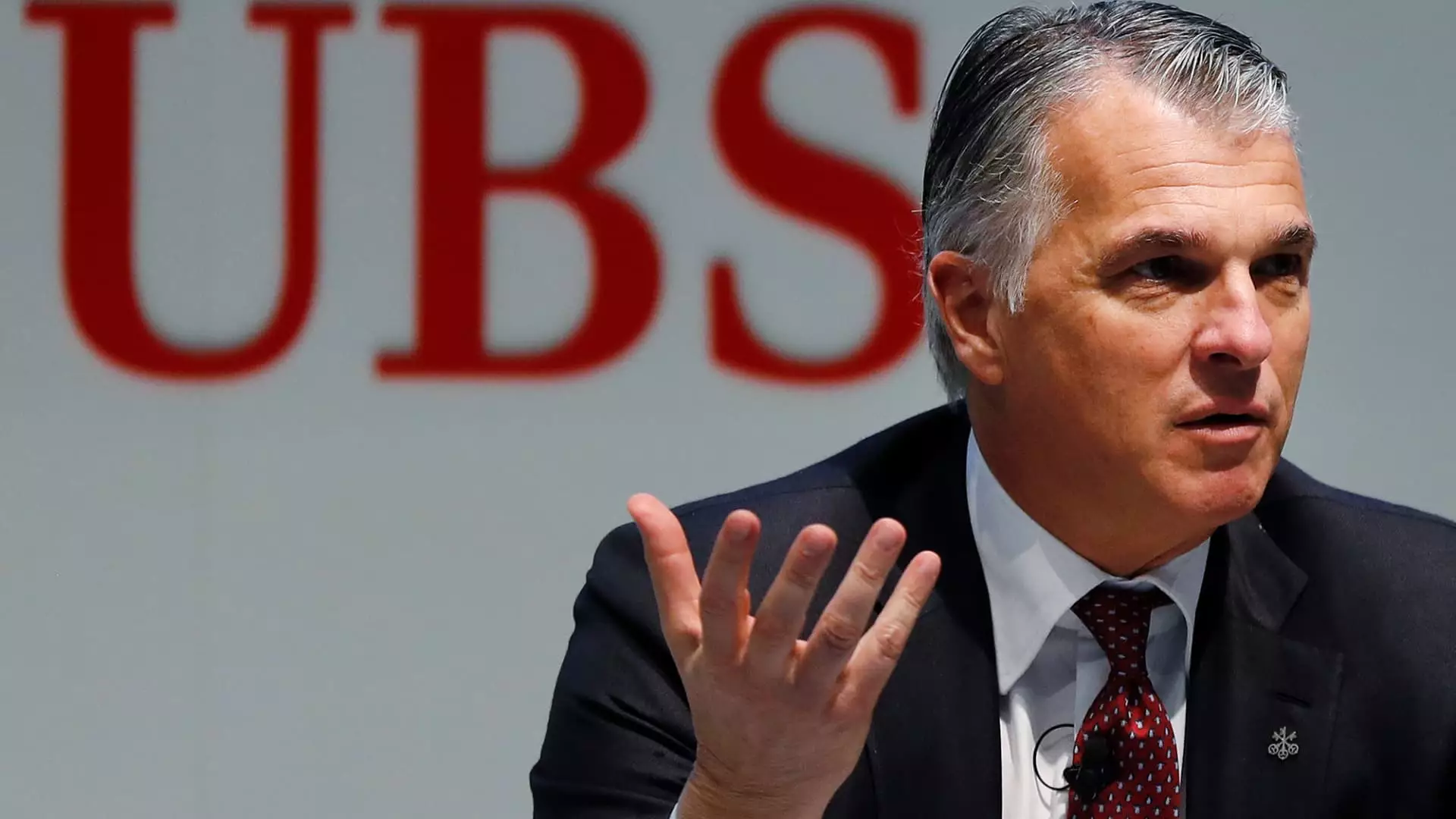In a recent statement, UBS CEO Sergio Ermotti expressed concern regarding the potential intensification of market volatility in the second half of the year. While acknowledging the recent sharp sell-offs in global equities due to weak economic data from the U.S., Ermotti dismissed the idea of an impending recession in the United States. He did, however, suggest that a slowdown could be possible.
Global Economic Outlook
According to Ermotti, the current macroeconomic indicators are not definitive enough to warrant discussions about an actual recession. He emphasized the Federal Reserve’s ability to step in and provide support to the economy, albeit acknowledging that the effects of any interventions may take time to be fully realized. UBS anticipates that the Federal Reserve will implement rate cuts of at least 50 basis points within the year.
Traders are currently divided on the magnitude of potential rate cuts, with some expecting a 50 basis point reduction at the Fed’s upcoming meeting in September. The presence of various uncertainties, such as the U.S. presidential election and overall geopolitical instability, is anticipated to contribute to heightened market volatility in the latter part of the year.
One key area of concern highlighted by Ermotti is the potential necessity for central banks to adopt more aggressive rate-cutting strategies to combat economic slowdowns. This notion is exemplified by the actions taken by the Swiss National Bank, which has already implemented two rate cuts in the current year. Similar moves have been made by the European Central Bank and the Bank of England.
Expert Opinions
Financial experts, like Bruno Verstraete of Lakefield Wealth Management, echo the sentiment that a shift towards increased market volatility is inevitable. Verstraete suggests that this transition to a more normal market regime could have beneficial implications for institutions like UBS, as higher volatility often translates to greater trading income.
Overall, the prevailing sentiment among industry leaders is one of cautious optimism tempered by looming uncertainties. While the prospect of heightened market volatility remains a concern, there is a shared belief in the resilience of central banks and the potential for strategic interventions to mitigate the effects of economic turbulence. As we navigate through the remainder of the year, keeping a close eye on market developments and policy decisions will be crucial in adapting to the evolving financial landscape.


Leave a Reply